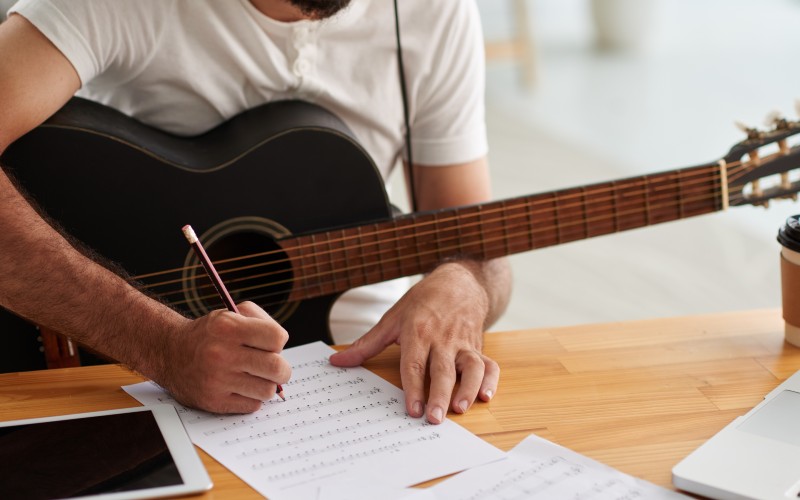
Copyright is an automatic form of intellectual property protection that stops others from using your work without permission. A copyrightable work can include literary works, sound recordings, films and many more creations. This article will focus primarily on music copyright, infringement, and copyright in the current legal and cultural landscape.
Generally, music copyright can be split into two areas: composition of the work (the score, lyrics and any artwork) and the actual sound of the work (phonographic rights). Copyright in composition of the work applies from the date of creation until 70 years after the end of the calendar year in which the last author of the work died. Whereas, phonographic rights have a slightly shorter lifespan of 70 years from the date of first release/publication, (or 50 years from the year of recording if not released during the 50 years). An example of these rights in action – let’s imagine you want to record and sell your own version of Vivaldi’s Four Seasons. Vivaldi has been dead for over 70 years so the composition of work is out of copyright and in the public domain. So, as long as you perform and record your version of this yourself, no infringement will occur. Now if someone else then copies your recording and starts selling it themselves, that would be infringement of your rights as your sound recording is subject to copyright protection and you would be entitled to take steps to stop them.
Under the Copyright Designs and Patents Act 1988 (the Act), the important test is whether a substantial part of the work concerned has been copied. In the last 10 years, there have been several high-profile infringement cases with Ed Sheeren successfully squashing claims of plagiarism against two of his biggest songs, and Led Zeppelin being found not to have stolen the opening guitar riff of Spirit’s 1968 song “Taurus” for their iconic hit from 1971, “Stairway to Heaven”. (I would highly recommend listening to both if you are looking for some lively dinner party debate material.) Back to the law – it is a question of fact in each case whether there has been an infringement. If someone copies the whole of a copyright work, clearly there will be infringement. Often, however, the position is not so clear-cut as we see in these recent cases.
Infringement and accusations of copying aside, the way we listen to and consume music has changed quite dramatically since the turn of the century and we should question whether the current laws are still fit for purpose. Streaming platforms are the most popular mediums to listen to music, but the mechanics of streaming and the resulting royalty systems can often leave artists feeling shortchanged. The Copyright (Rights and Renumeration of Musicians, Etc.) Bill, launched in 2021, seeks to amend the Act by proposing new laws for equitable remuneration for performers. However, despite being two years down the line, the bill is still at its second reading stage so it will be some time before we get an update.
A more functional fix may come in the upcoming Deezer and Universal music deal. This deal is set to create a royalty model designed to give greater rewards to popular artists whose fans actively seek out their music rather than being auto-played. The model aims to reduce the streaming income that goes towards amateurs, AI bots and those white noise soundtracks you stick on to help you get a good night’s sleep. This model is due to launch in France, Deezer’s home country, in October with plans for further expansion, potentially with other platforms, from 2024. We will have to wait and see how well this deal works and if it makes any real change as to how performers are renumerated, but I for one am excited to see some change.
If you are looking to protect your own intellectual property rights, or are looking to commercialise something you have created, it is important to obtain legal advice. Our team are experts in the field and are here guide you through the entire transaction.
Please do not hesitate to contact us on 03330 430350 to discuss how we can help protect and commercialise your work.
